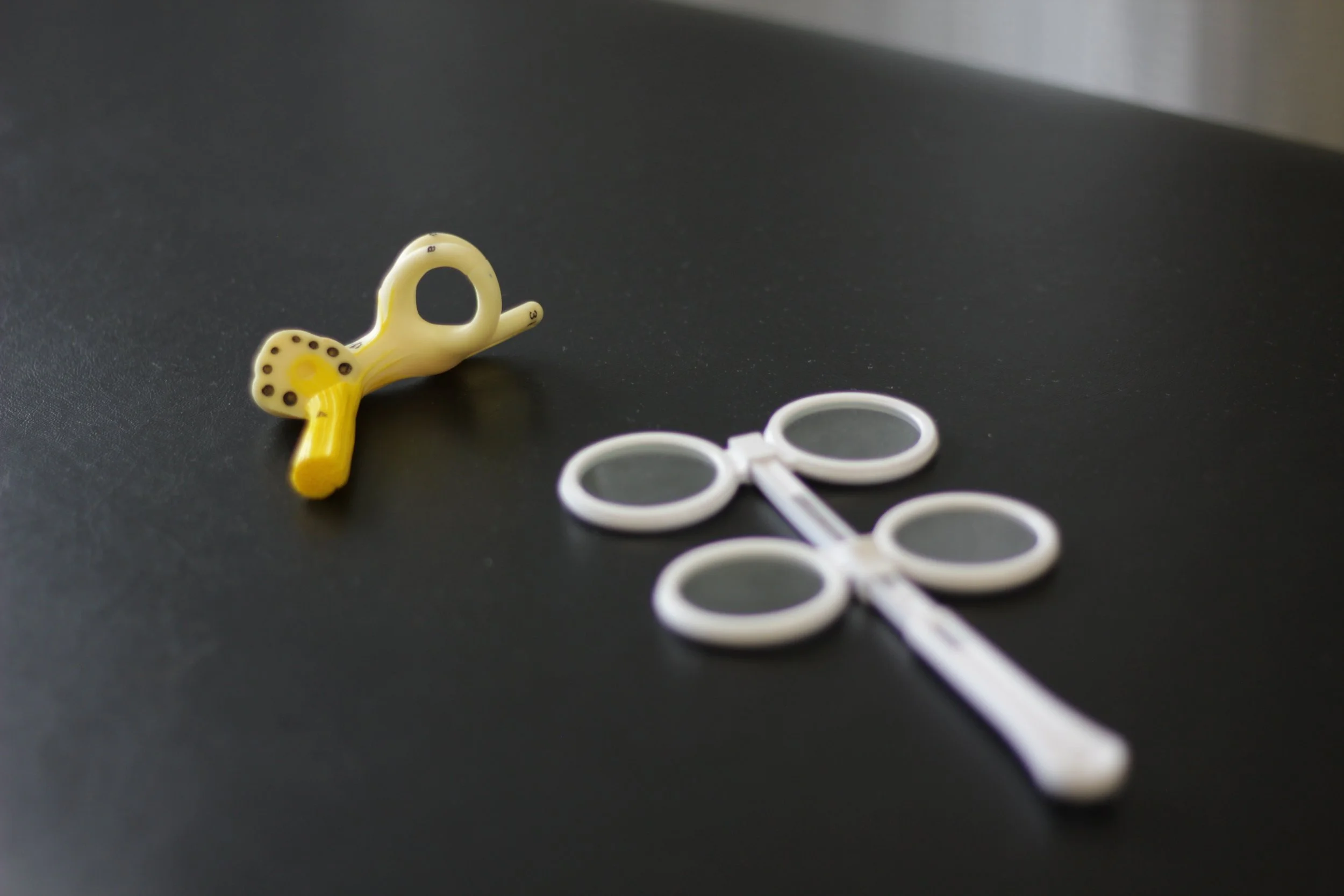Concussion FAQ with Ashley Cripps
If you have recently suffered from a concussion, the initial period following the injury can be filled with discomfort, worry, and a whole list of questions. Our aim with this month’s blog is to address some of the most commonly encountered questions we receive from concussion clients, with the understanding that concussion can be highly variable and each person is likely to have a unique recovery. If the information provided doesn’t address your questions, feel free to reach out and take advantage of our free 15 minute consult. Concussion can be highly disruptive to a person’s life and we are here to support you in any way possible to ensure the best outcome.
Q: I didn’t hit my head, and the doctor didn’t mention anything about a concussion. Could I still have a concussion?
A: Unfortunately, yes. A blow to the head is not required to suffer a concussion, only a sudden change in acceleration or deceleration of the brain. A medical professional might not diagnose a concussion for a number of reasons, including delayed onset of symptoms, a more subtle presentation, or concerns over more pressing injuries like fractures.
Q: I just suffered a concussion, what should I do?
A: Not all concussions require immediate medical attention, however if you experience symptoms like loss of consciousness, severe headache, vomiting, seizures, or any neurological deficits such as weakness, numbness, or slurred speech, it is important to seek urgent medical care. The first 48 hours after a concussion are best spent resting with minimal cognitive, physical, or sensory stimulation. At this point it is best to resume modest levels of activity, with frequent breaks, that DOES NOT cause a notable increase in symptoms.
An anatomical model of the inner ear (left) and a visual testing tool (right).
Q: How long will it take for me to recover?
A: This is highly variable, but the statistics suggest that 80-85% of people will fully recover within 3 weeks of their injury. Some people experience persistent symptoms beyond 3 weeks, consistent with a condition called Post-Concussion Syndrome. Timely care from a health provider that specializes in concussion recovery has been shown to significantly improve recovery times.
Q: Is it normal that I……
Am having trouble sleeping?
Am irritable with family and friends?
Have random episodes of crying?
Am bothered by bright lights or loud noises?
Have been feeling really anxious?
A: Absolutely. Concussion can be quite variable and affect a number of body systems and functions including visual, vestibular, cognitive, psycho-emotional, balance, and sleep. The answer to the majority of “Is it normal” type questions is yes, with the exception of the red flags listed previously which indicate further medical attention is required.
Q: Can I exercise after a concussion?
A: Yes, with some precautions. In fact, the research promotes exercise as a means of speeding recovery! It is best to start with light aerobic activities like walking, yoga, pilates, recumbent cycling or swimming. Exercise should also be below the threshold of any symptoms provocation. It is best to avoid high impact activities, or sports where bodily contact or falls are possible.
Concussion can be confusing and foreign but there are a number of disciplines that can assist in concussion recovery, including physiotherapists, occupational therapists, optometrists, psychologists and neurologists. Seeking timely care is important in optimizing recovery. For further questions, fee l free to reach out to ashley@coronaphysio.com.
Written by: Ashley Cripps, MScPT, Certified Vestibular Therapist





